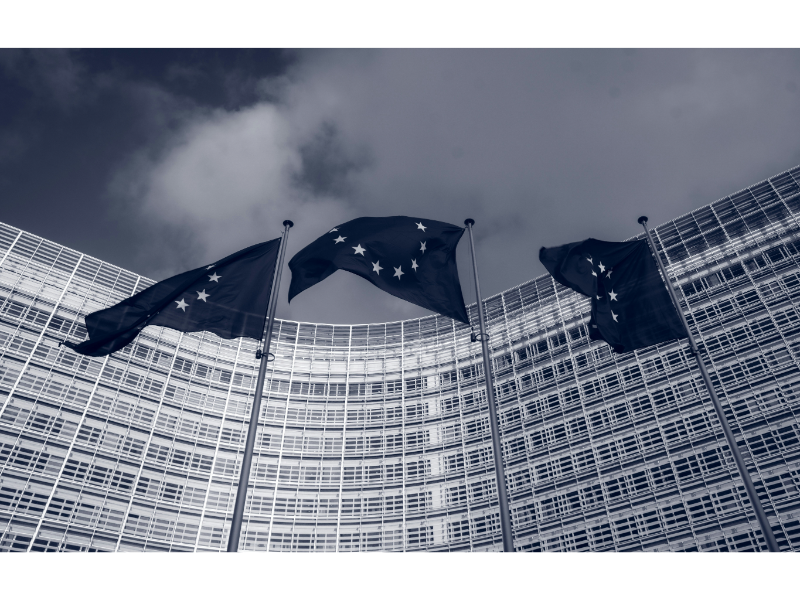- Henna Virkkunen and Teresa Ribera confirmed as key figures for EU telecoms regulation under von der Leyen’s second-term Commission.
- The Digital Networks Act will address spectrum allocation, telecoms market consolidation, and Europe’s $200 billion investment gap.
Big changes are coming to Europe’s telecoms landscape. Henna Virkkunen and Teresa Ribera Rodríguez have been confirmed as the new policymakers overseeing the sector, taking on portfolios that will shape key regulations, including the much-anticipated Digital Networks Act.
What happened
The European Parliament has approved the new slate of commissioners proposed by President Ursula von der Leyen, setting the stage for her second term. Henna Virkkunen will assume the role of Executive Vice-President for Tech Sovereignty, Security, and Democracy, while Teresa Ribera Rodríguez will lead as Executive Vice-President for the Clean, Just, and Competitive Transition.
Also read: How realistic are Big Tech’s nuclear power ambitions?
Also read: Data centres face cooling challenge as AI demand surges
Virkkunen is expected to take charge of the Digital Networks Act, a legislative proposal aimed at streamlining Europe’s telecoms framework. This includes updating spectrum allocation procedures and enabling fair negotiations within the digital value chain. Ribera, with her focus on Europe’s decarbonisation and competition policies, will play a critical role in evaluating mergers and market consolidation within the telecoms sector.
The industry group GSMA has highlighted the need for urgent action, reiterating its concerns about a $200 billion investment gap that threatens to leave Europe trailing behind global tech competitors. The Digital Networks Act is viewed as a key mechanism to address this gap, fostering a more competitive and sustainable telecoms market.
Why this is important
Europe’s telecom industry is at a crossroads. As the continent strives to achieve its 2030 Gigabit network targets, it faces mounting pressures from increasing digital demand and lagging infrastructure investment. Virkkunen and Ribera are stepping into pivotal roles at a time when regulatory decisions will determine whether Europe can keep pace with technological advancements globally.
The Digital Networks Act holds the potential to streamline regulations, enhance spectrum allocation, and encourage in-market consolidation. These steps are seen as critical to fostering innovation and addressing the funding challenges that have hindered Europe’s progress.
However, challenges remain. Spectrum allocation, a contentious topic under the previous commission, is likely to dominate early discussions. Additionally, Ribera’s approach to mergers could mark a shift from her predecessor, influencing how telecom operators collaborate or compete.
With the new Commission set to take office in December, the groundwork laid this year will set the tone for Europe’s telecom future. Virkkunen and Ribera’s leadership will be crucial in ensuring that the region’s digital economy remains competitive and sustainable.

